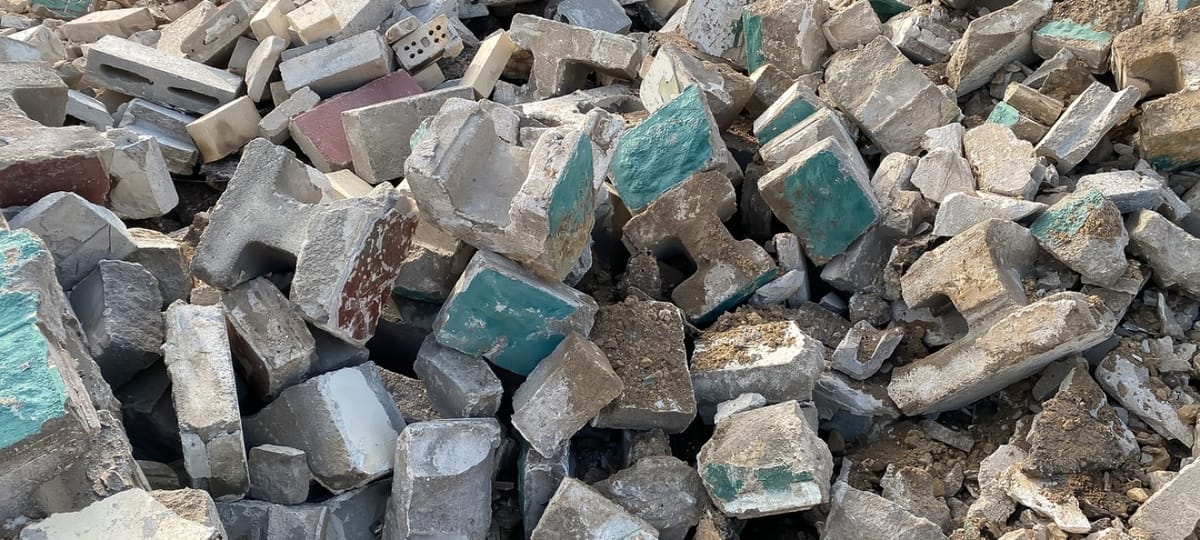Damage to Gaza causing new risks to human health and long-term recovery - new UNEP assessment

Source: UNEP - UN Environment Programme
Nairobi, 18 June 2024 - The environmental impacts of the war in Gaza are unprecedented, according to a preliminary assessment published today by the UN Environment Programme (UNEP), exposing the community to rapidly growing soil, water and air pollution and risks of irreversible damage to its natural ecosystems. UNEP reiterates the call for an immediate ceasefire to protect lives and eventually help mitigate the conflict's environmental impacts.
"Not only are the people of Gaza dealing with untold suffering from the ongoing war, the significant and growing environmental damage in Gaza risks locking its people into a painful, long recovery. While many questions remain regarding the exact type and quantity of contaminants affecting the environment in Gaza, people are already living with the consequences of conflict-related damage to environmental management systems and pollution today. Water and sanitation have collapsed. Critical infrastructure continues to be decimated. Coastal areas, soil and ecosystems have been severely impacted. All of this is deeply harming people's health, food security and Gaza's resilience," said Inger Andersen, UNEP Executive Director.
"We urgently need a ceasefire to save lives and restore the environment, to enable Palestinians to start to recover from the conflict and rebuild their lives and livelihoods in Gaza."
For decades, Gaza's environment was facing degradation and pressure on its ecosystems, the consequence of recurring conflicts, rapid urbanization, high population density, political conditions, and the region's vulnerability to climate change.
The preliminary assessment finds:
Limited by the security situation and access restrictions, the preliminary assessment is informed by remote sensing assessments, data from Palestinian technical entities, consultations with multilateral partners, previously unpublished material from UN field-based activity, and scientific literature.
The authors find that resolving immediate and chronic environmental challenges in Gaza is key for its people's health and must be integrated into recovery and reconstruction plans. An environmental analysis, including assessment of contamination from munitions and other conflict-related pollution, should be an integral part of recovery and reconstruction planning. Rebuilding of Gaza should also address chronic environmental issues that were there before the war.
As soon as security conditions allow and access is granted, UNEP expects to undertake a field-based assessment of the extent and type of environmental degradation. Remediation options will be developed in consultation with Gaza's scientific research community, public and private sector professionals, and civil society, including women and youth.
This Preliminary Assessment responds to an official request from the State of Palestine in December 2023. UNEP is mandated to assist countries, upon request, with pollution mitigation and control in areas affected by armed conflict or terrorism. Pursuant to UN Environment Assembly (UNEA) mandates, including Resolutions 2/15, 3/1 and 6/12.
UNEP is the leading global voice on the environment. It provides leadership and encourages partnership in caring for the environment by inspiring, informing and enabling nations and peoples to improve their quality of life without compromising that of future generations.
